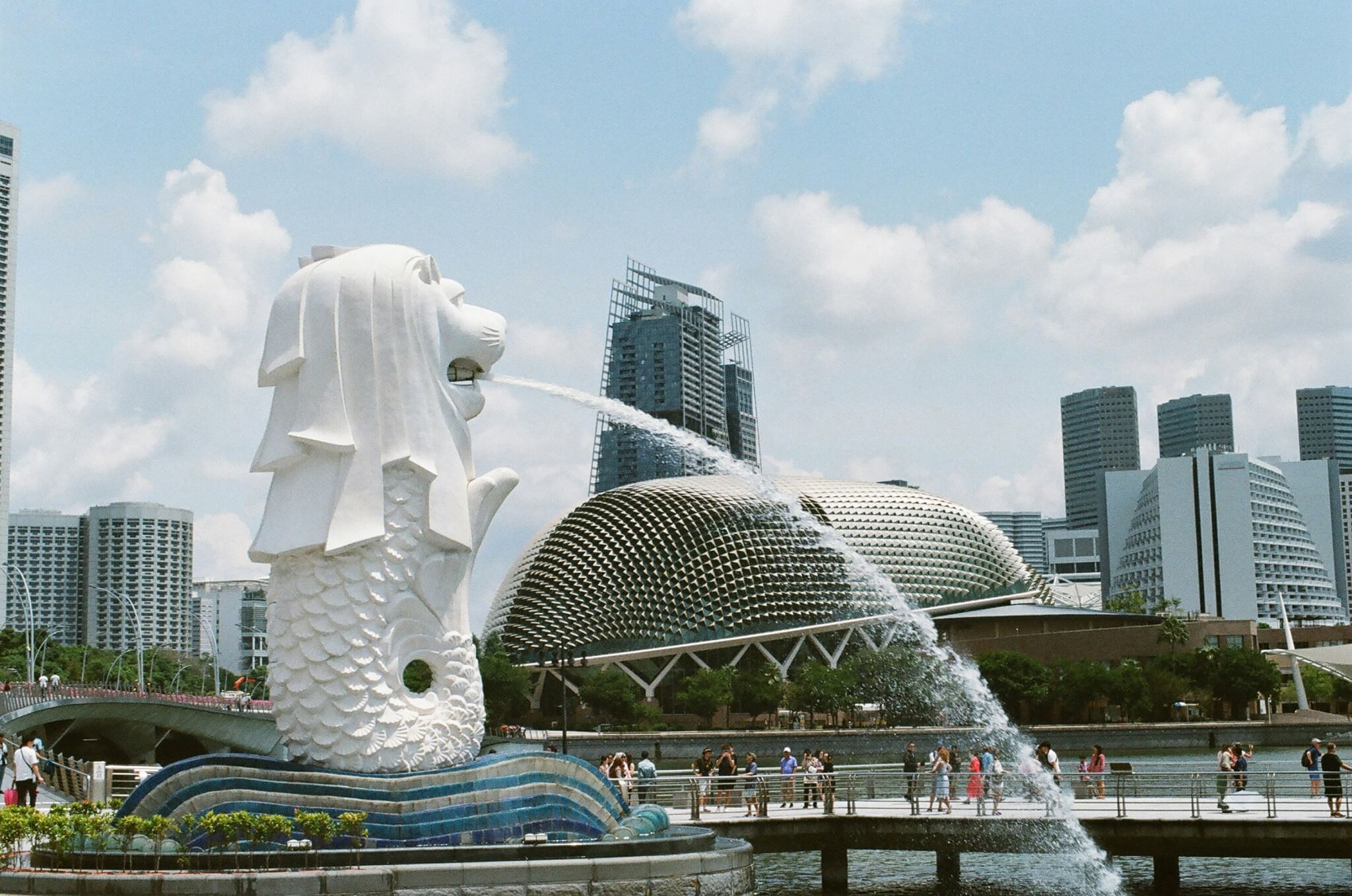The Cost of Living Comparison Between The UK and Singapore
We all know how moving to a different country is not an easy feat. It requires months and sometimes even years of planning to nail down every single thing that needs to be considered.
If you come from the UK looking to move to Singapore, you’re in luck.
To prepare you for the big move, let us take you through some of the things you need to know when it comes to the cost of living in Singapore compared to that in the UK.
7 Cost Of Living Differences Between Singapore & The UK You Must Know
1. Food

One of the first things you must know about Singapore is how most of the goods and produce are imported from overseas.
With the lack of natural resources, the country imports more than 90% of its food from over 170 countries and regions. This explains why food such as grocery items in Singapore costs slightly more than that in the UK.
| Item | Average Cost in Singapore | Average Cost in the UK |
| White rice (1kg) | S$3.43 (£ 2.02) | S$ 2.68 (£1.57) |
| Milk (1 litre) | S$ 3.95 (£2.32) | S$ 2.10 (£1.23) |
| Loaf of bread (500g) | S$ 2.79 (£1.64) | S$ 2.06 (£1.21) |
| Beef Round (1kg) | S$ 27.14 (£15.97) | S$ 17.75 (£10.44) |
| Lettuce (1 head) | S$ 2.35 (£1.38) | S$ 1.30 (£0.76) |
| Apples (1kg) | S$ 5.72 (£3.36) | S$ 3.56 (£2.09) |
*All values are estimates and vary depending on the location, establishment, and economic climate.
On the other hand, dining out and eating at a restaurant is a whole other story. While there are still plenty of higher-end restaurants in Singapore, there are tons of affordable yet delicious options to choose from including hawker centres and local eateries.
Whereas in the UK, the cost of eating out increased by almost 15% in 2023 due to the price hike in popular food chains.
With that, it’s safe to say that you can still eat in and dine out when living in Singapore without breaking the bank. It’s all about balance!
2. Housing
While the rental market in cities like London is notorious for being insanely competitive, the Singapore rental market is truly something else. Indeed, housing costs are going to be one of the biggest expenses for those looking to move to Singapore.
In recent years, rental prices have skyrocketed and continue to do so, leaving foreigners feeling the pinch the most.
While it is an option to buy property in the country, there are certain restrictions when it comes to buying public housing and the cost of purchasing private properties such as condominium units and private apartments can be quite costly.
| Property Type | Average Cost in Singapore (Per Month) | Average Cost in the UK (Per Month) |
| Apartment (1 bedroom) in City Centre | S$ 3,763.62 (£2,214.22) | S$ 1,828.25 (£1,075.60) |
| Apartment (1 bedroom) Outside of Centre | S$ 2,640.67 (£1,553.56) | S$ 1,491.81 (£877.67) |
| Apartment (3 bedrooms) in City Centre | S$ 7,128.84 (£4,194.06) | S$ 2,998.02 (£1,763.80) |
| Apartment (3 bedrooms) Outside of Centre | S$ 4,921.94 (£2,895.69) | S$ 2,300.55 (£1,353.47) |
*All values are estimates and vary depending on the location, establishment, and economic climate.
3. Clothing

Unlike the UK which has numerous local high-street brands such as Primark, offering affordable clothing options, buying clothes in Singapore can also be slightly more costly. For instance, a pair of Levi’s jeans would cost at least $100 in Singapore and a pair of Nike trainers would go for around $134.
However, there are quite many clearance sales that happen frequently from well-known retailers such as Zara, H&M, Pull & Bear, Adidas and so on, which can give people some relief from the already high cost of living in Singapore.
4. Transportation
The cost of public transportation in Singapore can be rather affordable.
Daily fares are calculated by distance but commuters can expect to spend no more than $100 a month on average. A monthly pass with unlimited rides in Singapore on both trains and buses costs S$ 128, while the same monthly pass in London for rides within city limits would go for £222 (S$ 377.34)
But when it comes to owning a car, the price difference is massive.
In Singapore alone, expect to spend up to S$120,000 for a sedan, S$135,000 for a small SUV/crossover, and S$190,000 for a luxury car. On top of that, there’s the Certificate of Entitlement (COE) that costs anywhere between S$ 80,000 to S$96,000 and is compulsory for all vehicle owners.
5. Entertainment & Relaxation

Whether it’s a night out on the town or simply catching a movie in the theatres with your loved ones, all things entertainment and leisure either cost roughly the same or vary slightly in both Singapore and the UK.
| Item | Average Cost in Singapore | Average Cost in the UK |
| Movie Ticket | S$11 to $15 | £7 to £10 |
| Cocktail (At a high-end bar) | $22 to $30 | £8 to £17 |
| Latte | S$5 to S$7 | £3 to £5 |
| Dinner for 2 at a restaurant downtown | S$40 per person | £25 per person |
*All values are estimates and vary depending on the location, establishment, and economic climate.
6. Healthcare
Locals living in Singapore have the privilege of having access to a wide number of government subsidies when it comes to their healthcare needs.
On the other hand, foreign residents and expats don’t have this advantage and can expect higher rates.
7. Brief Overview of Raising a Child

Based on the latest research from investment platform Moneyfarm, families in the UK can expect to spend an average of £223,256 (S$379,479.14) when raising a child from birth until they are 18 years old.
In Singapore, the cost is estimated to be between S$280,000 and S$560,000 according to NUS economists in 2018, which still depends on household income.
This only goes to show that regardless of where you are, be it in Singapore or the UK, the financial aspect of raising a child can be expensive.
But with proper planning and preparation, it’s definitely not impossible.
Give Your Child a Headstart With AIS!
Don’t let these figures phase you; there are plenty of reasons why moving to Singapore is a good move (pun intended).
For starters, the quality of education in the country is unparalleled.
At AIS, we can help your child get the best start in an international school and maximise their development for a holistic education from infant care all the way to pre-university and beyond.
Book a tour with us to find out more and we’ll take care of the rest!






